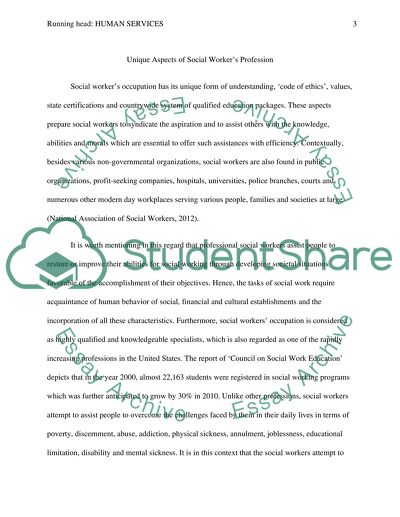Cite this document
(“Principles of Social Workers Essay Example | Topics and Well Written Essays - 4750 words”, n.d.)
Principles of Social Workers Essay Example | Topics and Well Written Essays - 4750 words. Retrieved from https://studentshare.org/social-science/1400594-human-services
Principles of Social Workers Essay Example | Topics and Well Written Essays - 4750 words. Retrieved from https://studentshare.org/social-science/1400594-human-services
(Principles of Social Workers Essay Example | Topics and Well Written Essays - 4750 Words)
Principles of Social Workers Essay Example | Topics and Well Written Essays - 4750 Words. https://studentshare.org/social-science/1400594-human-services.
Principles of Social Workers Essay Example | Topics and Well Written Essays - 4750 Words. https://studentshare.org/social-science/1400594-human-services.
“Principles of Social Workers Essay Example | Topics and Well Written Essays - 4750 Words”, n.d. https://studentshare.org/social-science/1400594-human-services.


